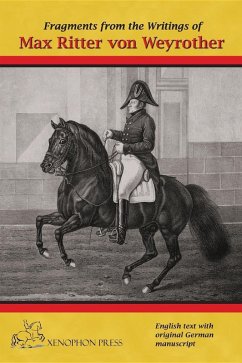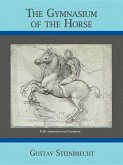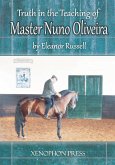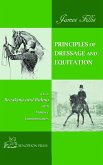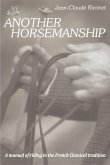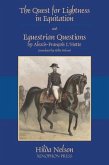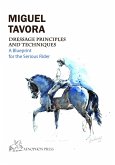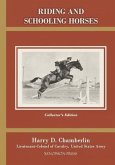When Weyrother was posted to Vienna the SRS was the only school left that concerned itself with the methodical practice of the art of high-school and, with the cultivation and the preservation of the purity of equine locomotion. There were quite a few very good cavalry schools throughout Europe but all had to fulfil a practical brief which demanded immediate results. The only other school devoted to the art of pure riding was the School of Versailles in France. This was closed after the French revolution and thus the SRS remained the sole guardian of the art. Ironically though, French ideas and practices that were lost to France, never to be fully recovered, found a new home in the School of Vienna.It was perhaps Weyrother's greatest gift to Austrian horsemanship, and therefore to that of the world, that he introduced the school to the writings of the great French Ecuyer, de la Guérinière, the founder of modern dressage. The twenty years or so that Weyrother served the Vienna school were dedicated to the installing, practising and promoting of de la Guérinière's principles and equestrian legacy as described in his book, Ecole de Cavalerie.In Fragments, Weyrother faithfully follows de la Guérinière's precepts and expands on them in various ways. Aside from technique and science, Weyrother also offers a moral and philosophical view of horse training. Schooling methods are variable and numerous but they only work for the one he describes as a reflective rider, one who works humanely and respects the horse's physiological and psychological needs. This is a message that is as fresh and relevant today as it was in the early nineteenth century. -Daniel Pevsner
Dieser Download kann aus rechtlichen Gründen nur mit Rechnungsadresse in A, D ausgeliefert werden.

